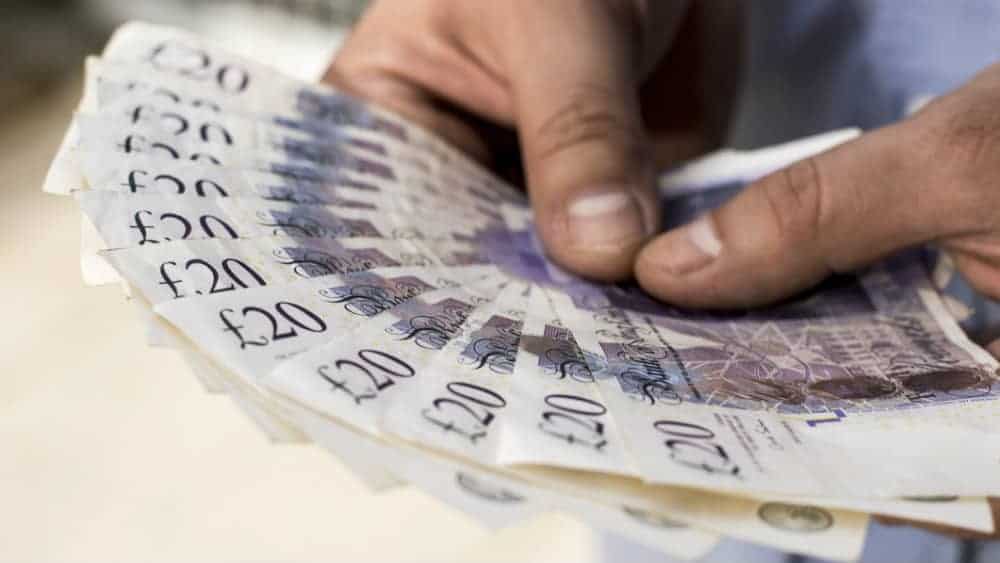A stock market crash is still a possibility in the weeks or months ahead. Equities might be characterised as being between a rock and a hard place: if an increase in Covid restrictions doesn’t shock the markets, then maybe an interest rate rise will. Both are possible in 2022.
Despite this uncertainty, for my portfolio, I still want to be in equities as there are few alternatives that can help me earn a decent return.
High-dividend shares as protection
I’m looking for an investment that pays a good dividend yield. Not only will I enjoy a passive income from the dividend streams, but I hope to benefit from resilience in case of a market sell-off.
Should you invest £1,000 in Ssga Spdr Etfs Europe I Public Limited Company - Spdr Ftse Uk All Share Ucits Etf right now?
When investing expert Mark Rogers has a stock tip, it can pay to listen. After all, the flagship Motley Fool Share Advisor newsletter he has run for nearly a decade has provided thousands of paying members with top stock recommendations from the UK and US markets. And right now, Mark thinks there are 6 standout stocks that investors should consider buying. Want to see if Ssga Spdr Etfs Europe I Public Limited Company - Spdr Ftse Uk All Share Ucits Etf made the list?
I believe that high-dividend-paying shares should offer some good protection in case of a stock market crash. In many cases, stocks with a high dividend yield could be less volatile than other stocks. Investors may hold on to them for the income stream instead of selling when the market declines.
The ETF
I could pick individual shares, but for my portfolio, I’ve always preferred ETFs (exchange traded funds). These are funds that track an index or sector and can be bought and sold like a share through most online brokers. They allow me to invest in multiple companies via a single fund and are usually low-cost.
The one I’m considering is iShares FTSE UK Dividend UCTIS ETF (LSE: IUKD). This ETF aims to replicate the return of the FTSE UK Dividend + Index by investing in the 50 companies with the highest dividend yields in the FTSE 350.
It has a low expense ratio of 0.4%, a good trading volume and it’s one of the largest ETFs in this category.
The dividend yield is attractive at 5.76% and diversification is good.
The fund is comprised of 50 companies across several industry sectors, which should provide resilience in case any individual firm falters. A 5% size cap reduces the risk of any single company being overweight in the fund.
Is there a downside?
Despite the positives, I’m aware of the risks. One risk in particular, is the dividend trap. This is where the dividend is just not sustainable because the underlying business is not good.
Some high-dividend-paying companies will be established, successful firms that are great at generating free cash flows. However, some will feel they have to maintain high dividends to keep their investors happy when the underlying business is in difficulty. In the long run, the value of these companies is likely to fall. This could hurt the ETF’s long-term performance.
However, if there’s going to be a stock market crash then I believe diversification is going to be important to my portfolio. A dividend-paying exchange traded fund like this may be a good addition to my holdings and I’m going to seriously consider it.








